-
Bridging social sciences and engineering
Olivia Guerra-Santin from Eindhoven University of Technology and colleagues in the Netherlands have developed an interdisciplinary behaviour model for residential buildings, based on the empirical results from three monitoring campaigns in the Netherlands. This model links measurable drivers directly to energy outcomes, considers building-related contexts and reflects the complexity of high-performance buildings. This interdisciplinary framework…
-
Quantum phenomena in attosecond science
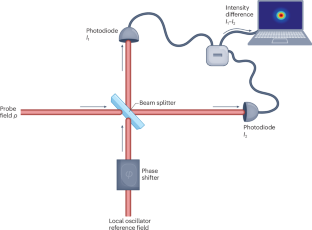
Abstract The ability to manipulate and observe phenomena on attosecond timescales has yielded groundbreaking insights into electron dynamics and the behaviour of matter exposed to intense light fields. The interdisciplinary field of attosecond science connects various research areas, including quantum optics, quantum chemistry and quantum information science. However, the intrinsic quantum effects in attosecond science…
-
A global genome dataset for Salmonella Gallinarum recovered between 1920 and 2024
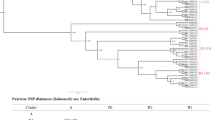
Abstract Salmonella enterica serovar Gallinarum (S. Gallinarum) is an avian-specific pathogen responsible for fowl typhoid, a severe systemic disease with high mortality in chickens. This disease poses a substantial burden to the poultry industry, particularly in developing countries like China. However, comprehensive genome datasets on S. Gallinarum are lacking. Here, we present the most extensive…
-
Does the 2024 US election matter to science? Take Nature’s poll

US voters will head to polling stations on 5 November to cast their ballots for the next president.Credit: Mark Felix/AFP via Getty The United States will hold an election for its next president in just under one month’s time. The winner will face massive challenges, some relating to science, technology, health and the environment. Nature…
-
Believe it or not, this lush landscape is Antarctica
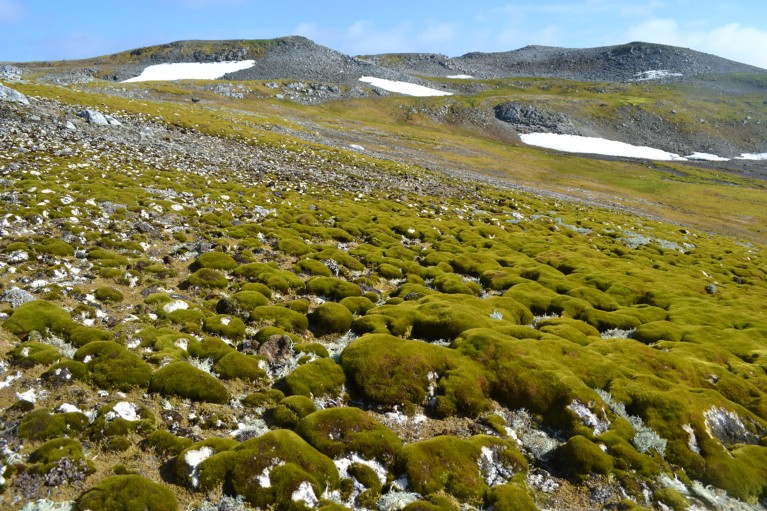
Hummocks of moss cover Ardley Island off the tip of the Antarctic Peninsula.Credit: Dan Charman A fast-warming region of Antarctica is getting greener with shocking speed. Satellite imagery of the region reveals that the area covered by plants increased by almost 14 times over 35 years — a trend that will spur rapid change of…
-
Fostering diversity, equity, and inclusion in interdisciplinary marine science
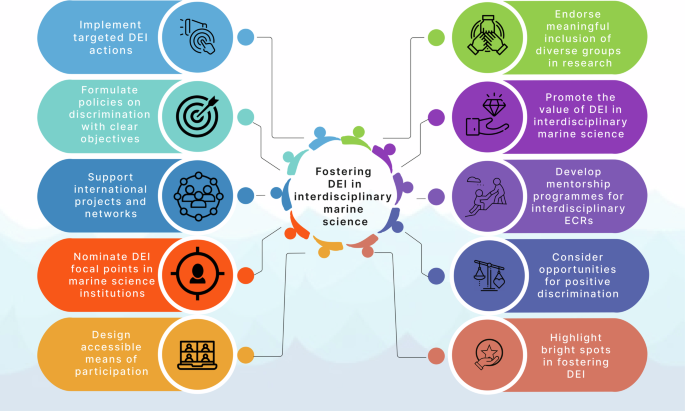
Interdisciplinary marine research is pivotal for addressing ocean sustainability challenges but may exclude diverse socio-economic, cultural, or identity groups. Drawing on perspectives of marine Early Career Researchers, we highlight the importance of Diversity, Equity, and Inclusion (DEI) in advancing interdisciplinary marine science and present ten recommendations to enhance DEI. As our ocean faces increasing threats,…
-
How to win a Nobel prize: what kind of scientist scoops medals?
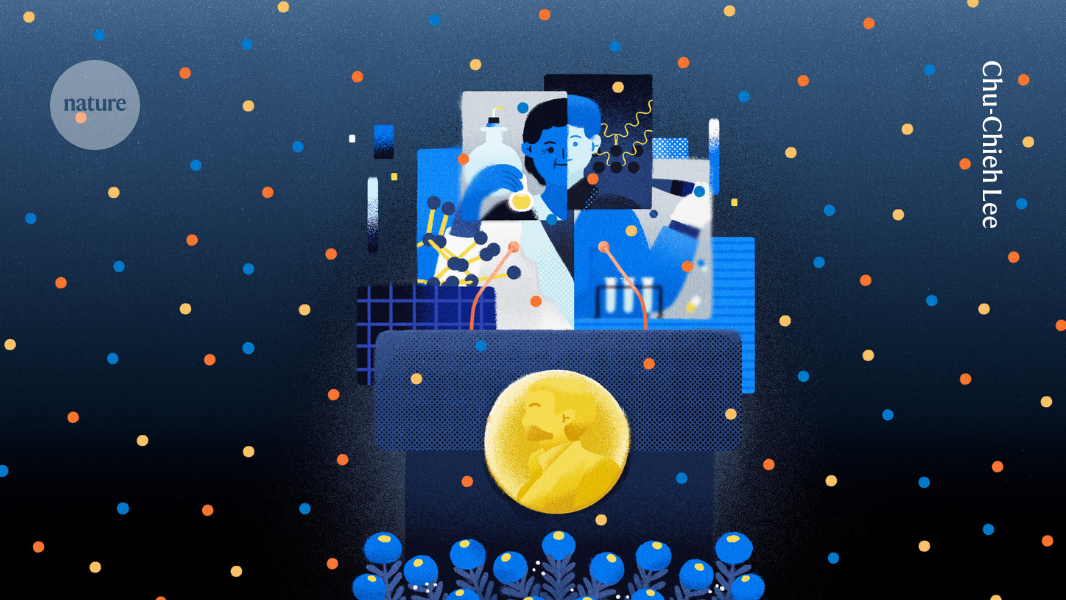
Source: Ref. 3 When asked about the statistics, representatives from the committees that award the Nobel prizes in science told Nature that any trend can have several different explanations. The committee members “work continuously to improve the nomination process, with the aim of broadening nominations with respect to gender, nationality and topics within fields in…
-
Nearly 50% of researchers quit science within a decade, huge study reveals

Publishing data can help to reveal how many scientists choose to leave research and pursue another career.Credit: Christian Guiton/Getty A study of nearly 400,000 scientists across 38 countries finds that one-third of them quit science within five years of authoring their first paper, and almost half leave within a decade. The analysis, published in Higher…
-
Bacteria implanted in fungi hints at ancient relationships that helped cells evolve
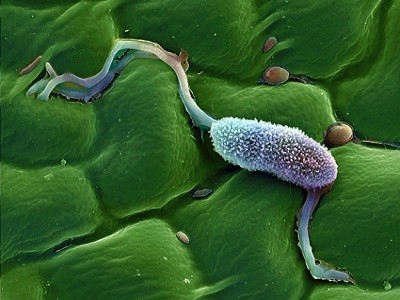
Scientists wielding a minute hollow needle — and a bike pump — have managed to implant bacteria into a larger cell, creating a relationship that might have helped to spark the evolution of complex life. The feat — described1 in Nature on 2 October — could help researchers to understand the origins of pairings like…
-
Largest brain map ever reveals fruit fly’s neurons in exquisite detail
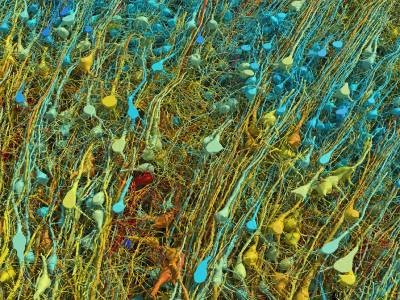
A fruit fly might not be the smartest organism, but scientists can still learn a lot from its brain. Researchers are hoping to do that now that they have a new map — the most complete for any organism so far — of the brain of a single fruit fly (Drosophila melanogaster). The wiring diagram,…